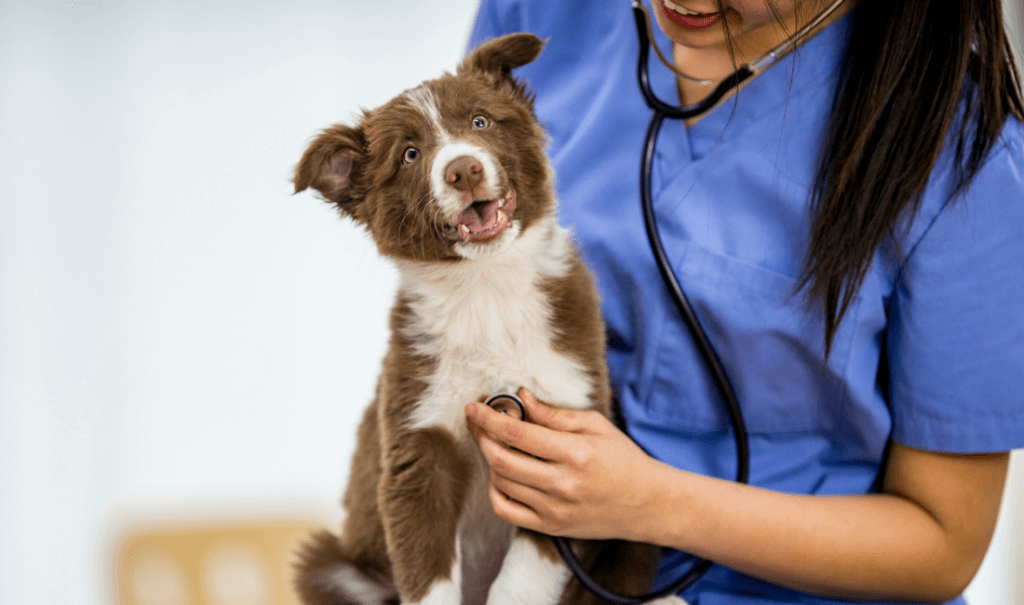
Love, affection and cuddles are important. We agree. But as a responsible pet parent, you know it’s simply not enough.
From exercise and high-quality nutrition to mental stimulation and preventative health care, these tips will keep your dog in tiptop shape.
Let’s talk dog Nutrition
Feeding your pet the right amount and type of food is fundamental for keeping him healthy. Proper and balanced diet will directly affect his weight, skin, coat, energy level and gastrointestinal function. Check out with your vet to see if he needs any vitamins or supplements and make sure he also gets enough fresh water. Choose a high-quality food made by a reliable company and check his response to it over a time period of 4-8 weeks. If by that time, his coat is greasy, there’s a decrease in his energy level or he lost weight, it may be time to look into other foods.
Regular daily exercise is a must
You’ve probably heard of the old adage “A tired dog is a good dog”. Regular exercise can indeed eliminate unwanted canine behaviors like chewing, aggressiveness or excessive barking. But it can do so much more than that. Daily walks, running, playing fetch or swimming can keep your pup physically active and agile while improving his sleep quality, building confidence, decreasing the chance of obesity and enhancing your bond together.
And don’t forget about mental stimulation…

Instead of just adding more physical exercise to your dog’s routine, why don’t you add some brain games to help tire him out and keep him engaged and busy. Make sure he has varied toys to play with, have him “work” for their treats, let him sniff and explore the world on walks, get him a puzzle or teach him some new tricks.
Routine health care. By experts.
The core foundation for your dog’s overall health lies in providing him with high-quality veterinary care. Start by finding a licensed vet you can trust and schedule routine wellness checkups at least once a year. These annual exams will allow early detection of diseases and illnesses. Puppies should visit the vet more frequently during the first few months of their lives in order to ensure they are growing properly. If your dog has a chronic health condition or any other illness, be sure to comply with your vet’s recommendations about follow up visits and treatments.
Preventive Care

When it comes to your dog’s health, taking preventive measures could make all the difference. Some are quite simple: Vaccinate your pup against potentially deadly diseases such as distemper, parvo, panleukopenia and rabies; Make sure your pet is free from unwanted health conditions like heartworm, flea and tick-related diseases. In addition, focus on preventive dental care. Do whatever is needed to prevent periodontal disease, which can lead to more serious health problems down the road. You can brush your dog’s teeth, use oral rinses, feed dental treats, or all of the above. Just do something.
Dogs are hard to diagnose. They can’t talk. That’s why we must rely on the signs they give us and which might indicate a health problem. If your dog is displaying signs of illness, contact your vet right away. This way you’ll be able to keep your furry friend happy, healthy and with you for many years to come.



